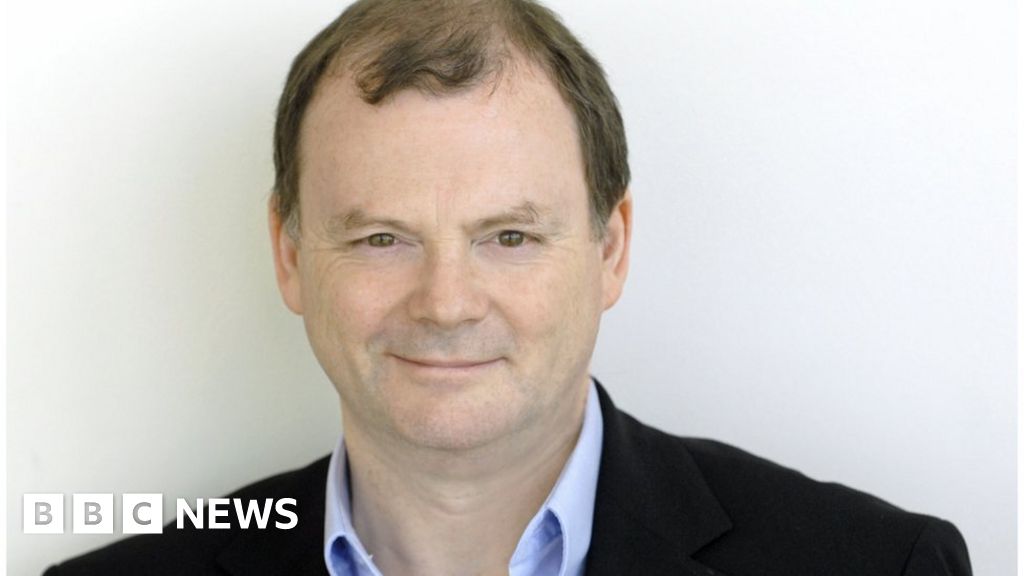Engaged Reading Digest: the escalation of trolling to the global stage
If you were in any doubt that the fundamental tools of the online troll are now at play in global politics, the last week should have put paid to that.

Trump the Troll versus Twitter the Mod
There's a reason that the conflict between the president of the United States and Twitter looks so familiar to those of us who have been in community management for far too long. It's a classic "troll versus mod" power play. Kevin Roose breaks it down for the NYT:
Looked at this way, Mr. Trump’s war on the platforms is a familiar refrain. A power user with a passionate following is lashing out against the moderators of his favorite internet services. He likes the way these services were run in the past, when he could stir up trouble and speak his mind without consequences.
In pretty much every online community I've every been involved with, there have been people like him. They push the boundaries, test the rules - and make everything about themselves. They are in no way part of the community. The community exists to serve them.
I mentally categorise them as attention farmers. Everything they do is about accruing attention to themselves. They farm the community to turn in into a steady suppy of attention, focus on them, and them alone. Those who do it though rules-breaking, provoking behaviour or attacking others are trolling - but they're not the only attention farmers out there. There are more positive approaches to attention farming. The most relentless online celebrities and influencers all indulge in it, to some extent.
The one thing they all have in common, though, is that it's all about them, not the community.
Which is why they resent boundaries. Roose again:
Now, the mods are putting in new guardrails, and he’s upset. He wants what internet trolls and rebels have always wanted: to be allowed to post in peace, free of limits and restrictions. Most of all, he wants the mods to know who is really in charge.
Once someone can set boundaries on you, and tell you that you are wrong, you are no longer a competent attention farmer. The power that you seek is in another's hands - and most likely the insecurity that drives you to attention-farming bahaviour is further inflamed by the sense that soomebody else is judging your choices.
There is no way to deal with a trolling attention farmer that doesn't cause conflict. Roose spoke to Matt Haughey, who has run MetaFilter for years, and who has deep insight into community issues as a result:
“Every bad thing at MetaFilter happened with someone who had been testing the rules for a year or two,” he said. “Those are the ones who tend to blossom into super-trolls over time. They’ll see what they can get away with, they’ll figure out what the limits are, and just stay a step inside. It can go on forever. And when you inevitably break and say, this is a bad idea, they freak out, and try to play the victim.”

When the troll is one of the world's most powerful men, then the stakes are bigger than ever.
One of the clear trends of the past decade has been behaviours and tactics that were refined and developed in the earlier days of the internet, in smaller, often closed, communities, are now being played out on the world stage. Trolling and attention farming are global political phenomena, and we need to start finding approaches to community management on a global scale to match. Twitter appears, finally, to be stepping up to the plate.
Facebook? Not so much.
BBC star journalists face social media review
One of the lessons I learnt early in my career is that you have to get your own house in order before you can effectively police others. Interesting to note that the BBC, which is one of the many news organisations that has been seduced by Twitter into allowing its journalists to become celebrities and (dare I say it?) influencers, is starting to do that.

Sambrook has feet in both worlds, so should be a good choice to do this. Worth keeping an eye on what happens here.
Trolling a life
Many politicians of all political stripes have adopted trolling the media as a core tactic. Most politicians are, by nature, attention farmers, so this is a very easy next step for them. However, the rhetoric about fake news and #scummedia has very real consequences.
Amy Fenton and here small daughter have been forced into hiding by threats from people outraged by her reporting.

This tweet is incredibly touching:
My little girl said “Mummy you’re amazing” when she saw @helenpidd article in @guardian (after she told me off for it not including a picture of her!) pic.twitter.com/3pB34Ye6TD
— Amy Fenton (@amyfentonNWEM) May 31, 2020
That little girl has every right to be incredibly proud of her mum.
Taking aim at journalists
And finally, we come to this:

This weekend has seen journalists injured in the line of duty, after being directly targeted by police officers. And the journalists are guilty of nothing more than doing their job, clearly and identifiably. One photographer has lost the sight in one of her eyes.
There are multiple factors behind this, and some of them are unique to the US, but it isn't terribly far from the #scummedia hashtag and a local journalist being driven from her home to this horrorshow.
We need to disempower the trolls, and change the conversation around journalism. And we need to do it fast.









